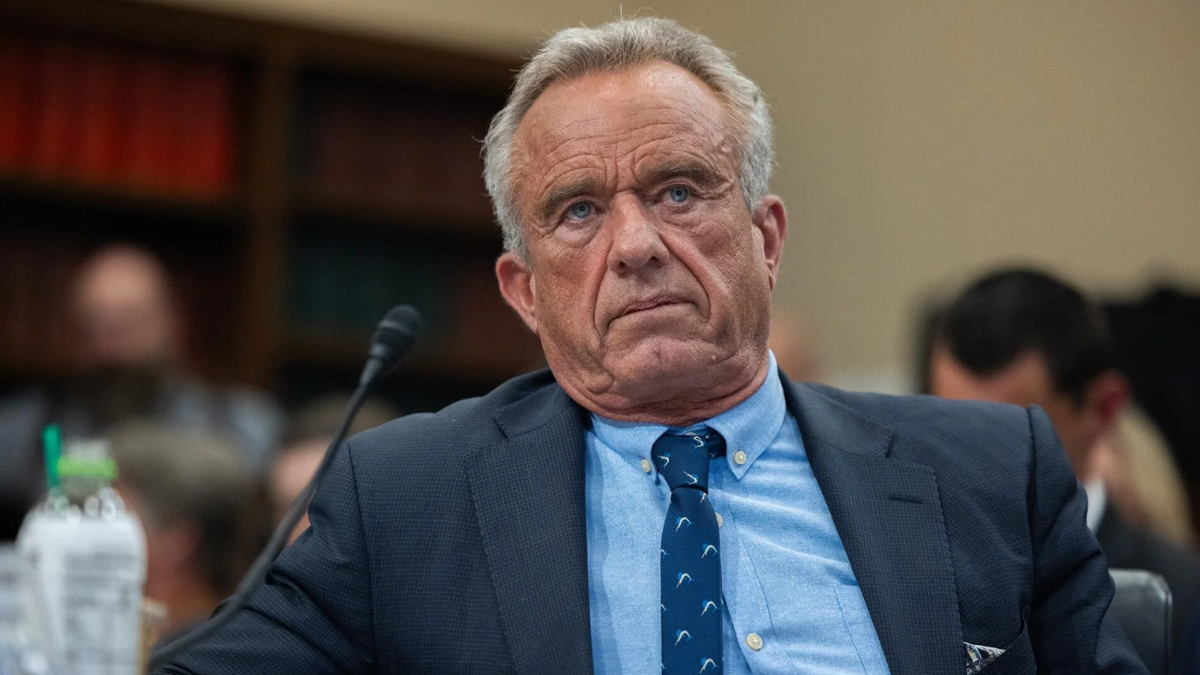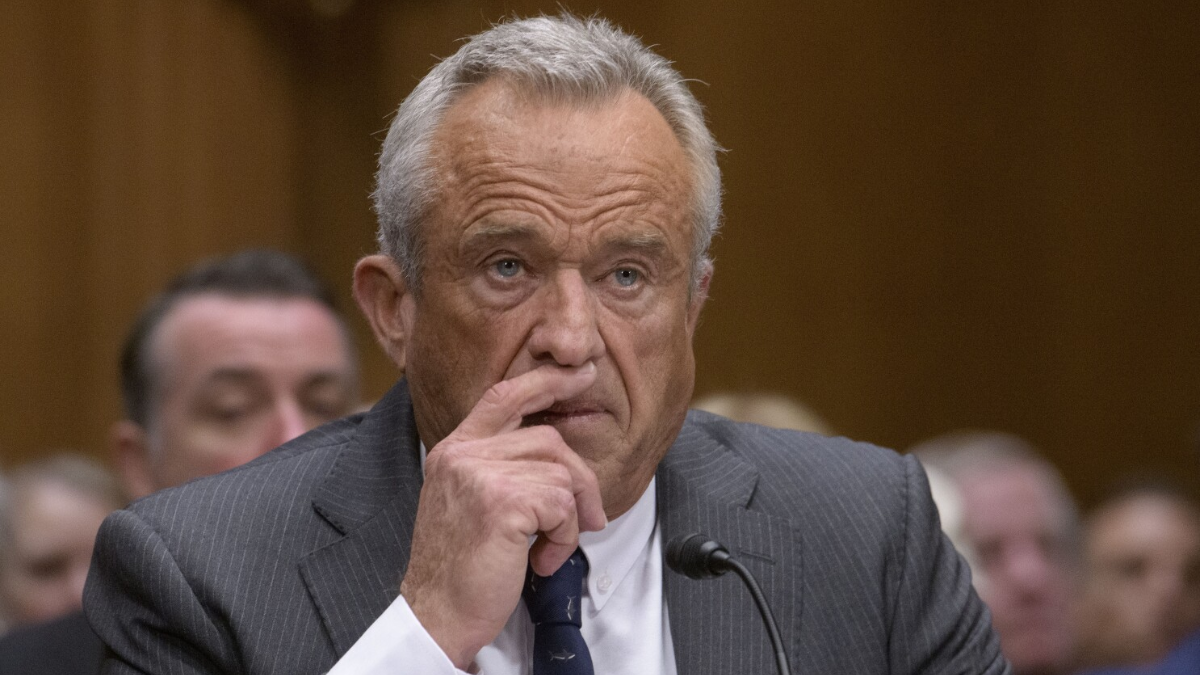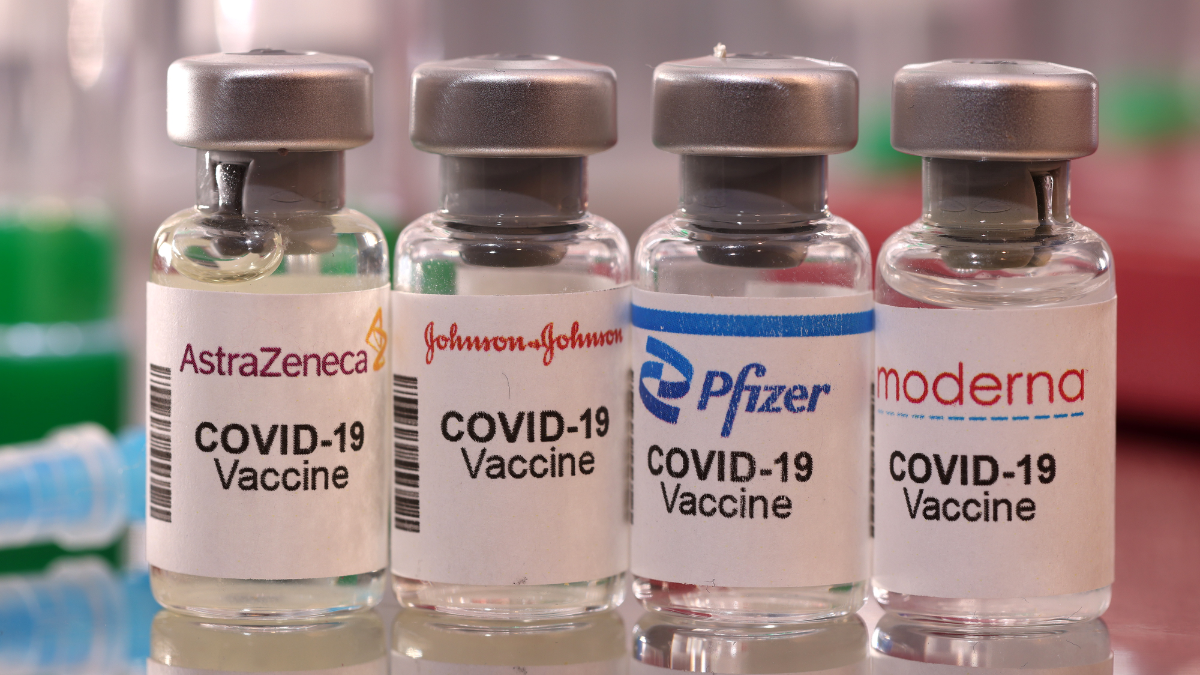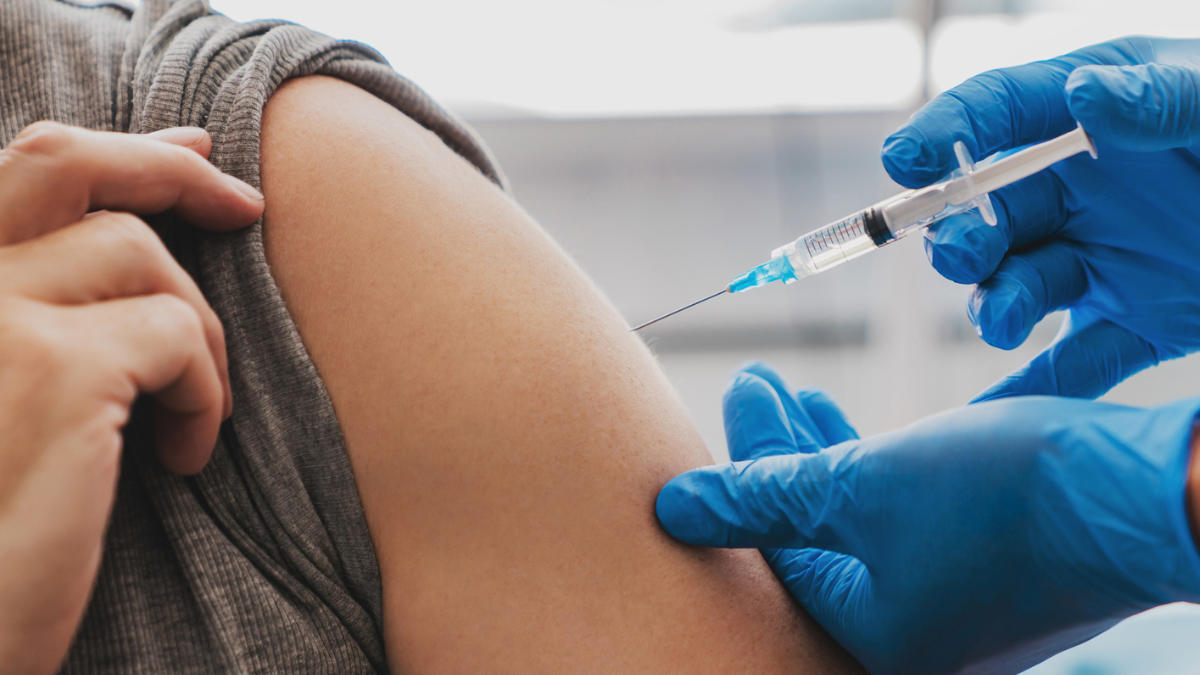
In a surprising declaration that has reignited national conversation about COVID-19 vaccination policy, U.S. presidential candidate Robert F. Kennedy Jr. announced that the Centers for Disease Control and Prevention (CDC) is no longer recommending the COVID-19 vaccine for healthy children and pregnant women. The announcement came via a video posted to his official X (formerly Twitter) account and was accompanied by leading medical figures, including Dr Martin Makary of the FDA and Dr Jay Bhattacharya of the National Institutes of Health.
Table of Content:-
A Shift in Federal Vaccine Guidance
In the 58-second clip, Kennedy stated, “As of today, the COVID vaccine for healthy children and healthy pregnant women has been removed from the CDC’s recommended immunisation schedule.” He called the decision a win for “common sense” and “good science,” reflecting a growing sentiment among some healthcare professionals that the vaccine should no longer be routinely administered to these groups in the post-pandemic landscape.

Dr Bhattacharya emphasised the rationality of the decision, saying, “It’s common sense and it’s good science.” Echoing this sentiment, Dr Makary added, “There’s no evidence healthy kids need it today, and most countries have already stopped recommending it for children.” The unified messaging between Kennedy and these prominent medical figures signals a noteworthy pivot in the national discourse surrounding COVID-19 immunisations.
Also Read: Stay Healthy on the Move: Top 10 Hygiene Protocols to Keep COVID-19 Away While Travelling
A Political Undertone
Kennedy, who has long been an outspoken critic of vaccine mandates and public health lockdowns, framed the development as a step toward fulfilling former President Donald Trump’s vision. “We’re now one step closer to realising President Trump’s promise to make America healthy again,” Kennedy declared, inserting a political edge into what is ostensibly a public health policy decision.

While Kennedy has positioned the move as a return to reasoned science, critics warn that the change could have unintended repercussions, particularly concerning insurance coverage for COVID-19 vaccines. With the CDC no longer officially recommending these vaccines for healthy children and pregnant women, some insurance providers may be reluctant to cover the cost of immunisation for those who still choose to receive it.
Also Read: Covid Cases In India Live Updates: Bangalore, Delhi, West Bengal, Kerala See Surge in Cases, Check Guidelines
Health Agencies Respond
Shortly after Kennedy’s video went public, the Department of Health and Human Services (HHS) issued a response via spokesperson Vianca N. Rodriguez Feliciano. “With the COVID-19 pandemic behind us, it is time to move forward,” she said in a statement to CBS News. “HHS and the CDC remain committed to gold standard science and to ensuring the health and well-being of all Americans — especially our nation’s children — using common sense.”

This response appears to confirm a shift in focus away from universal vaccine mandates and toward more targeted, risk-based recommendations. It also highlights a broader recalibration of federal public health priorities in the wake of declining COVID-19 case numbers and increased natural immunity.
A Global Context
Interestingly, the United States is not alone in re-evaluating its stance on pediatric COVID-19 vaccinations. Several countries across Europe and Asia have scaled back or discontinued routine COVID-19 vaccinations for healthy children, citing limited benefit in this demographic now that the virus has evolved and become less severe in most cases.
This global trend is likely influencing U.S. decision-makers, who must weigh the benefits of continuing widespread vaccine recommendations against the risks, public scepticism, and changing epidemiological data.
What This Means for Families
For parents and expectant mothers, the updated recommendation may bring both relief and confusion. On one hand, it could reduce pressure to vaccinate children and allow for more personalised medical decisions. On the other, it raises concerns about access and affordability for those who still wish to receive the vaccine, especially as insurance coverage becomes more uncertain in the absence of CDC endorsement.
Ultimately, Kennedy’s announcement marks a pivotal moment in the evolution of U.S. COVID-19 policy. Whether it leads to greater public trust or renewed debate remains to be seen. What is clear, however, is that the nation is entering a new phase of pandemic response—one guided not only by science, but also by shifting social, political, and economic landscapes.
Also watch this video
How we keep this article up to date:
We work with experts and keep a close eye on the latest in health and wellness. Whenever there is a new research or helpful information, we update our articles with accurate and useful advice.
Current Version